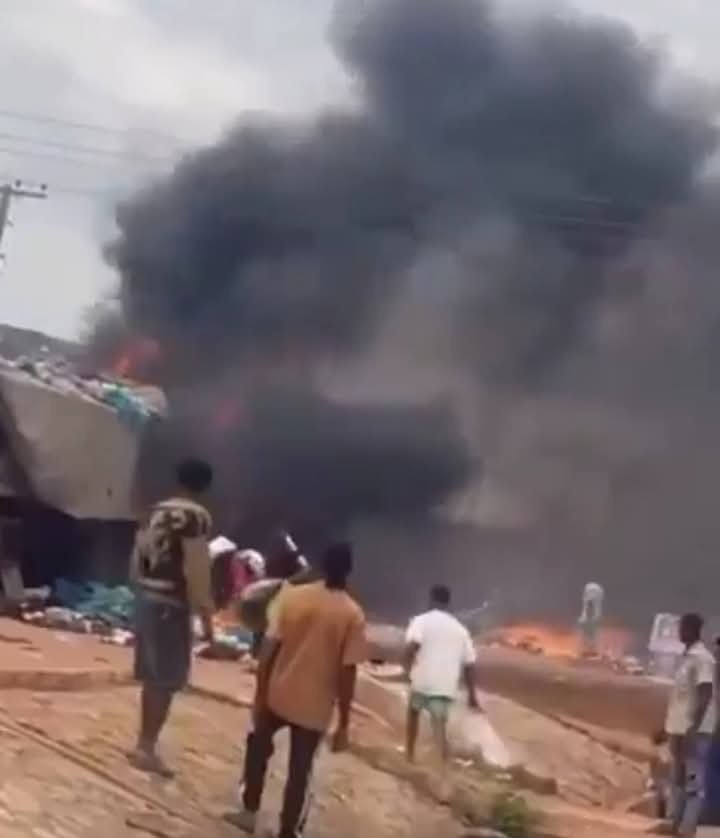A NATIONAL TRAGEDY AT UROMI

By Adams Abonu
When that any nation that puts emotions ahead of constitutional provisions was a nation in peril, little did he know that his postulation would reverberate at the heart of Africa centuries later. Nigeria has been a nation beleaguered by an unending circle of violence, often triggered by mob emotions that take no cognizance of our laws.
This is how last Thursday’s unfortunate tragedy at Uromi in Edo State comes into perspective. In a most bizarre manner bereft of any sense of humanity, over a dozen travelers were lynched and burnt to death by a ragtag vigilante group over suspicions that they were kidnappers.

Reportedly, the travelers, who claimed to be hunters enroute to Kano from Port-Harcourt, were found with dane guns, machetes and sundry weapons capable of considerable harm. In a frenzy, they were not given any chance to further prove their innocence as a mob descended on them and eventually burnt most of them to death to the horrific consternation of anyone with a shred of conscience.
That tragic incident at Uromi was a national tragedy; a blight to our collective identity, however it’s inexcusable similitude with past ugly incidences. This has further exposed the mutual suspicions among sections of the country while also depicting the extent at which human lives amount to little in a country grappling with a perpetual identity crises.
Before mundane faultlines are drawn on the religion and ethnicity of the victims of this tragedy, the sanctity of human life should be accorded paramountly. Before being considered Muslims or Fulanis, they were human beings, who were entitled to be given a fair hearing at the face of any allegations against them. Those making the futile case of what “Northerners with dane guns were doing in the South” are on a path of acrimony, driven by the bile in their being.

Assuming, that the victims were truly suspected to be kidnappers in an era rife with kidnappings and several manifestations of insecurity, there’s no where in the Nigerian constitution that suggested that anyone suspected of such criminality be put to death in the most horrendous manner without being properly tried in a court of competent jurisdiction. When elements within the body polity take laws into their hands in such brazen manner, it calls for a rethinking of our commonwealth.
While nothing could be done to assuage the trauma inflicted on our sensibilities by this tragedy, recent condemnations from public and personal quarters are in good order. The Presidency, the Inspector-General of Police, the Northern Governors Forum, religious bodies and the civil society have risen to this unfortunate occasion and reacted sternly. There seems to be an overwhelming consensus of of condemnation, and rightly so. But these acts of brigandage and ‘jungle justices’ must be discountenanced from our national life. Be it the gruesome stoning to death of a certain Deborah in Sokoto in 2021 for alleged blasphemy, the lynching of a woman preaching near a mosque in Kubwa or this particular case, there must be conscious efforts to prevent these acts of violence.
The onus is on Nigerian authorities to unmask those behind this national tragedy and put steps on the ground to combat insecurity within our borders. A counter that aspires to lead the black race cannot afford to be perceived as another abode for anarchy.
May the soul of those who lost their lives at Uromi and those whom Nigeria happened to them and ended their lives tragically find eternal rest.

Abonu, a multimedia journalist, writes from Asokoro, Abuja.





























































































































































































































































































































































































































































































































































































































































































































































































































































































































































































































































































































































































































































































































































































































































































































































































































































































































































































